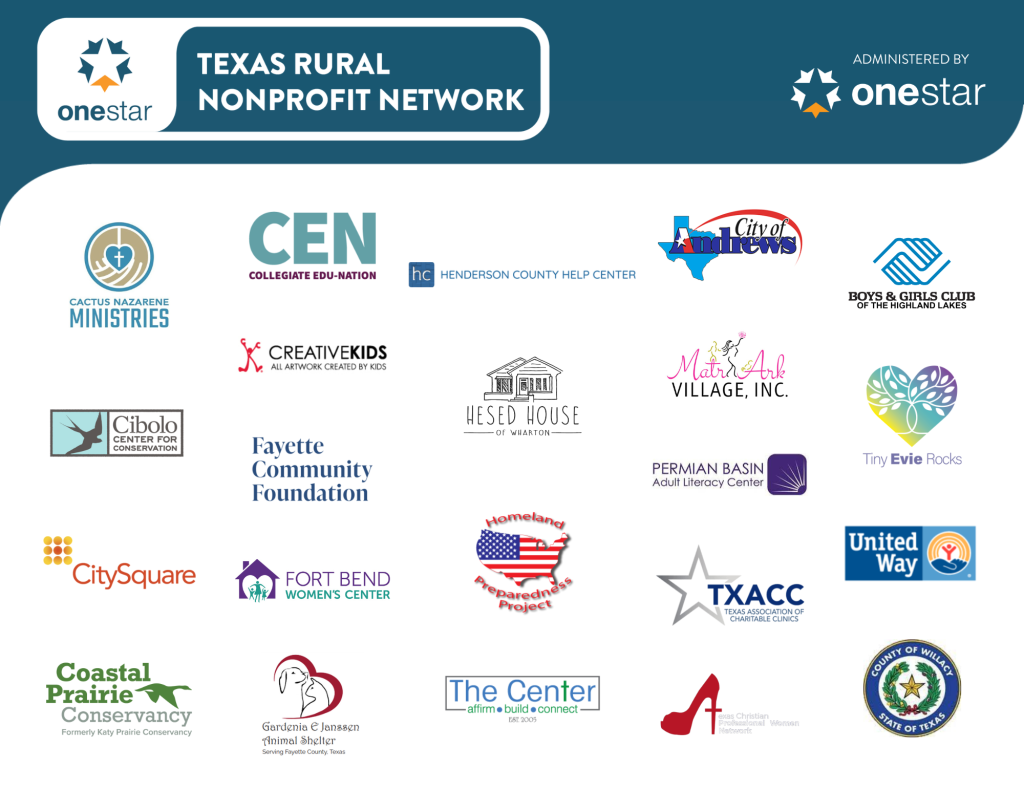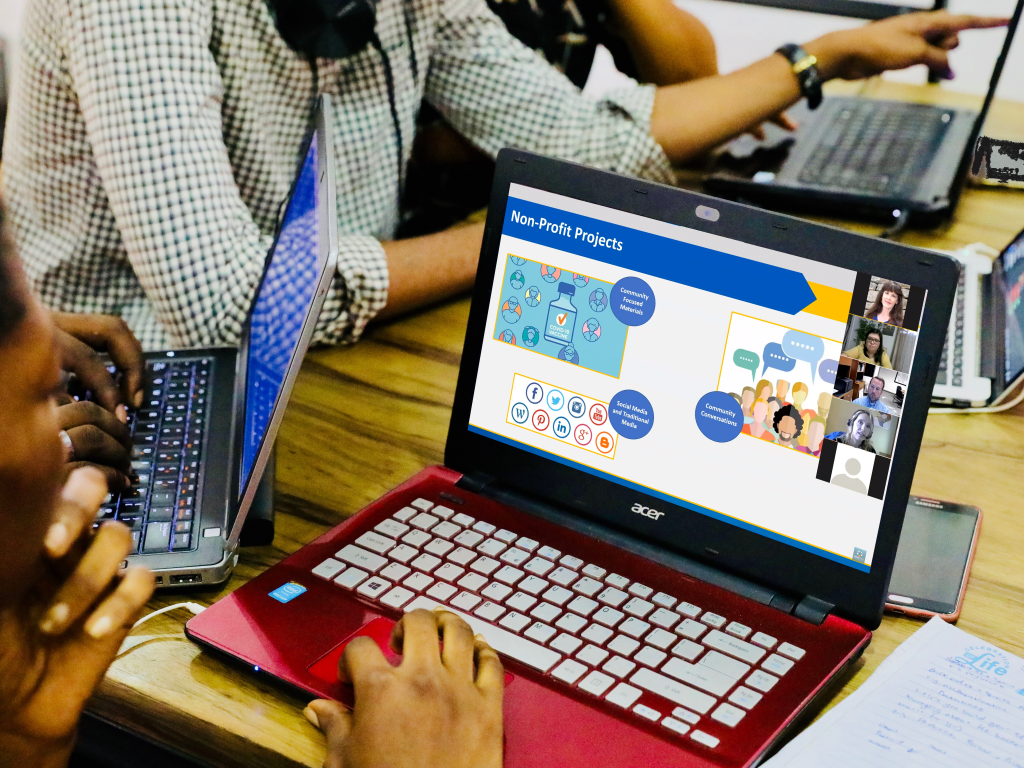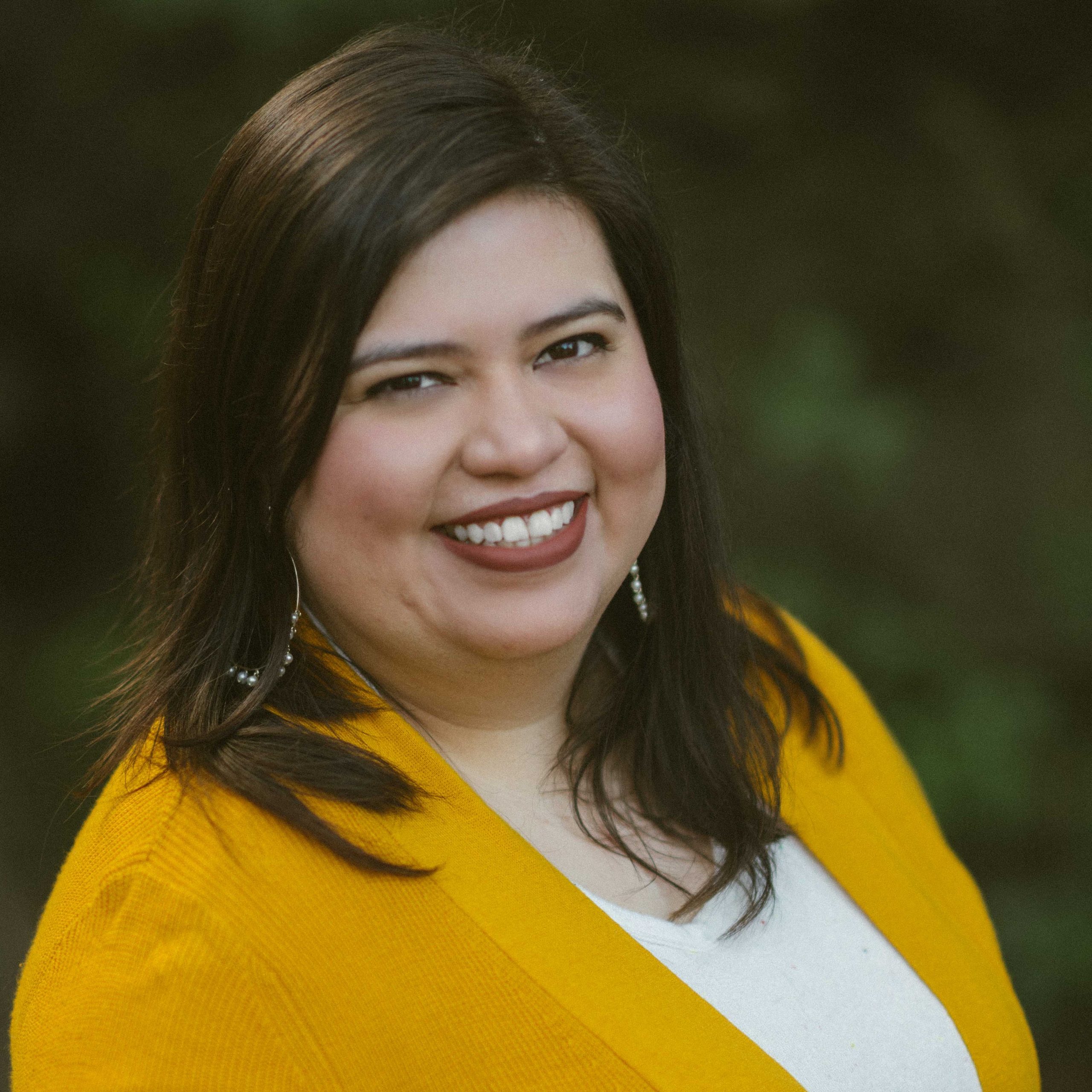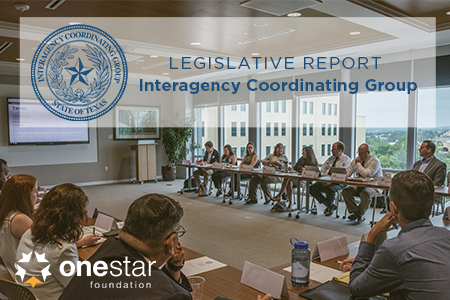
Announcing the Texas Rural Nonprofit Network
10/18/2022 |
We are pleased to introduce the inaugural cohort of the Texas Rural Nonprofit Network! Launched in September 2022, this new network engages 25 nonprofits operating in or serving Texas rural communities. In partnership with Resilia, a social impact technology organization, members have access to networking opportunities, coaching, training, and on-demand tools and resources to boost organizational growth and impact. During this pilot year, we aim to listen and learn about the unique needs facing Texas rural communities and continue to develop opportunities to support nonprofits serving in these areas.
Special thanks to Volunteer Generation Fund for investing in this initiative!
- Cactus Nazarene Ministry Center
Cactus - Cibolo Center for Conservation
Boerne - CitySquare Paris
Paris - Coastal Prairie Conservancy
Waller - Collegiate Edu-Nation
Roscoe - Creative Kids Inc.
El Paso - Fayette Community Foundation
La Grange - Fort Bend Women’s Center
Richmond - Gardenia E. Jannsen Animal Shelter
La Grange - Greater Longview United Way
Longview - Henderson County HELP Center – Maggie’s House
Athens - Hesed House of Wharton
Wharton
- Homeland Preparedness Project
Alvin - Kaufman Christian Help Center
Kaufman - Keep Andrews Beautiful
Andrews - MatriArk Village, Inc.
Caldwell - Permian Basin Adult Literacy Center
Midland - Rutherford Ranch Rescue
Sealy - Texas Association of Charitable Clinics
Austin - Texas Christian Professional Women Network
Beaumont - The Boys & Girls Club of the Highland Lakes
Marble Falls - Tiny Evie Rocks
Tyler - United Way of Palo Pinto County, Inc.
Mineral Wells - Willacy County EMS Inc.
Raymondville - Women on the Rock, Inc.
Palestine




